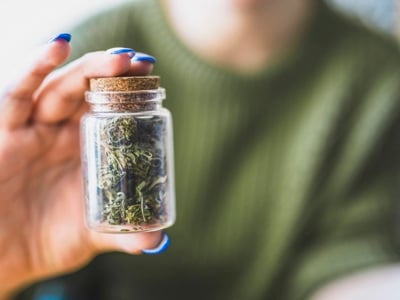- Doctors & Departments
-
Conditions & Advice
- Overview
- Conditions and Symptoms
- ¿Está enfermo su hijo?
- Parent Resources
- The Connection Journey
- Calma Un Bebé Que Llora
- Sports Articles
- Dosage Tables
- Baby Guide
-
Your Visit
- Overview
- Prepare for Your Visit
- Your Overnight Stay
- Send a Cheer Card
- Family and Patient Resources
- Patient Cost Estimate
- Insurance and Financial Resources
- Online Bill Pay
- Medical Records
- Política y procedimientos en el hospital
- Preguntamos Porque Nos Importa
-
Community
- Overview
- Addressing the Youth Mental Health Crisis
- Calendar of Events
- Child Health Advocacy
- Community Health
- Community Partners
- Corporate Relations
- Global Health
- Patient Advocacy
- Patient Stories
- Pediatric Affiliations
- Support Children’s Colorado
- Specialty Outreach Clinics
Your Support Matters
Upcoming Events
Colorado Hospitals Substance Exposed Newborn Quality Improvement Collaborative CHoSEN Conference (Hybrid)
lunes, 29 de abril de 2024The CHoSEN Collaborative is an effort to increase consistency in...
-
Research & Innovation
- Overview
- Pediatric Clinical Trials
- Q: Pediatric Health Advances
- Discoveries and Milestones
- Training and Internships
- Academic Affiliation
- Investigator Resources
- Funding Opportunities
- Center For Innovation
- Support Our Research
- Research Areas

It starts with a Q:
For the latest cutting-edge research, innovative collaborations and remarkable discoveries in child health, read stories from across all our areas of study in Q: Advances and Answers in Pediatric Health.


Marijuana as Medicine (S2:E14)
Medical marijuana remains a controversial topic, particularly in regard to children and teens. While few guidelines exist for marijuana use in pediatric medicine, many families are asking about it or already using it. More than half of U.S. states have legalized some form of medical marijuana product, including cannabidiol (CBD), which is non-intoxicating and typically taken as oil under the tongue.
This Charting Pediatrics episode explains what parents and pediatricians need to know about the safety and efficacy of medical marijuana in children. In addition, discussion points include legality, product regulation and acquisition, current uses and research.
Finally, our experts discuss the need for healthcare providers to advocate for families regarding medical marijuana and CBD for children, by getting involved in legislation and education to minimize the negative impacts, and by promoting clinical research on the risks and benefits.
Listen to pediatric experts discuss the evolving role of medical marijuana in children's healthcare
This episode was recorded live from the 2018 American Academy of Pediatrics (AAP) National Conference and Exhibition in Orlando, Fla. with Elissa Miller, MD, and Sam Wang, MD, discussing the timely and controversial cultural topic of marijuana as medicine. Dr. Miller is the Chief of the Division of Palliative Medicine at Nemours/Alfred I. duPont Hospital for Children. Dr. Wang is a Pediatric Emergency Physician and Medical Toxicologist at Children's Hospital Colorado.
In this episode:
- The differences between marijuana, cannabis and hemp products, and how CBD differs from medical marijuana
- The importance of knowing the concentrations of different phytocannabinoids
- The one cannabinoid product that is legal to prescribe in the U.S. and has dosing guidelines, but comes at a high price: Epidiolex from GW Pharmaceuticals
- The inability for physicians to prescribe any other marijuana product, though they may be able to certify patient eligibility according to their state's regulations — which leaves dosing up to dispensaries and families
- The lack of regulation and standardization for marijuana and CBD products that result in questionable purity and quality, and risks in purchasing online
- The state-dependent issues of liability for hospitals and providers, and unintended consequences of legalization
- Impacts of marijuana exposure for pediatric patients
- Educating parents on the impacts of second-hand marijuana smoke in children
- Evidence of detrimental effects on adolescents who become chronic marijuana users
- Guidelines for pediatricians to educate families seeking to use medical marijuana
- How regulations can improve safety through measures including child-resistant packaging, labeling and intuitive dosing in marijuana food products
Medical Marijuana Impact on Pediatric Healthcare
The American Academy of Pediatrics only supports medical marijuana for children with "life-limiting or severely debilitating conditions and for whom current therapies are inadequate." More specifically, Children's Colorado pediatric experts explain, clinical evidence so far only supports its use for a few specific types of epilepsy and chemotherapy-induced nausea and vomiting.
As for whether medical marijuana is an appropriate treatment for any other pediatric conditions — science doesn't yet say. Politics have become entangled in the topic, and while individual families or advocacy groups may push for it based on their own experience, more study is needed.
Share feedback with us about this episode, or suggest a future topic.



 720-777-0123
720-777-0123






